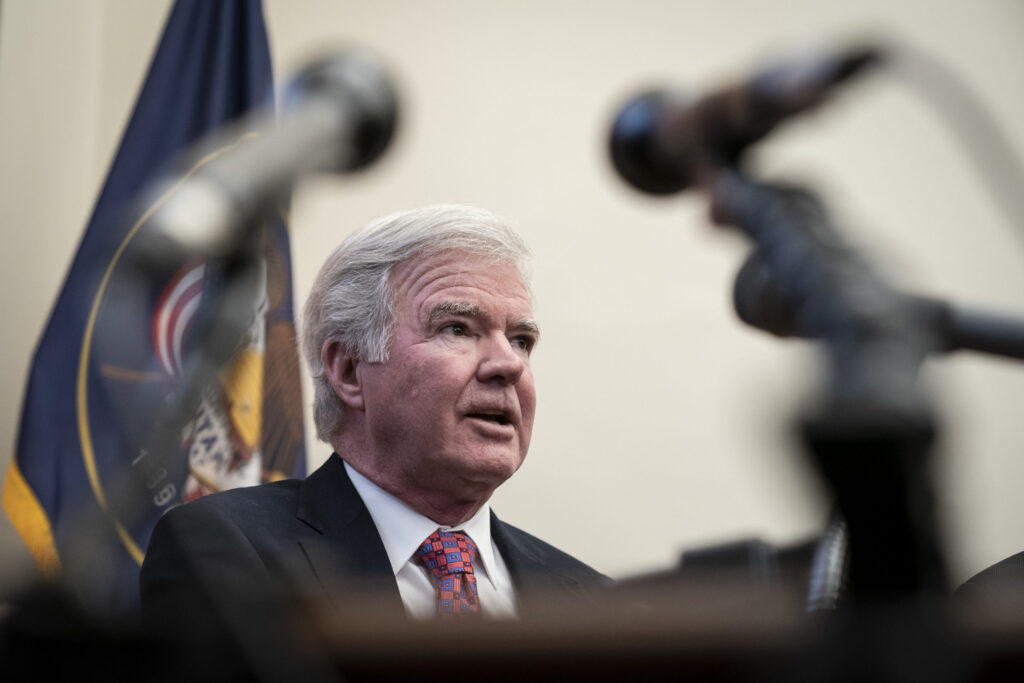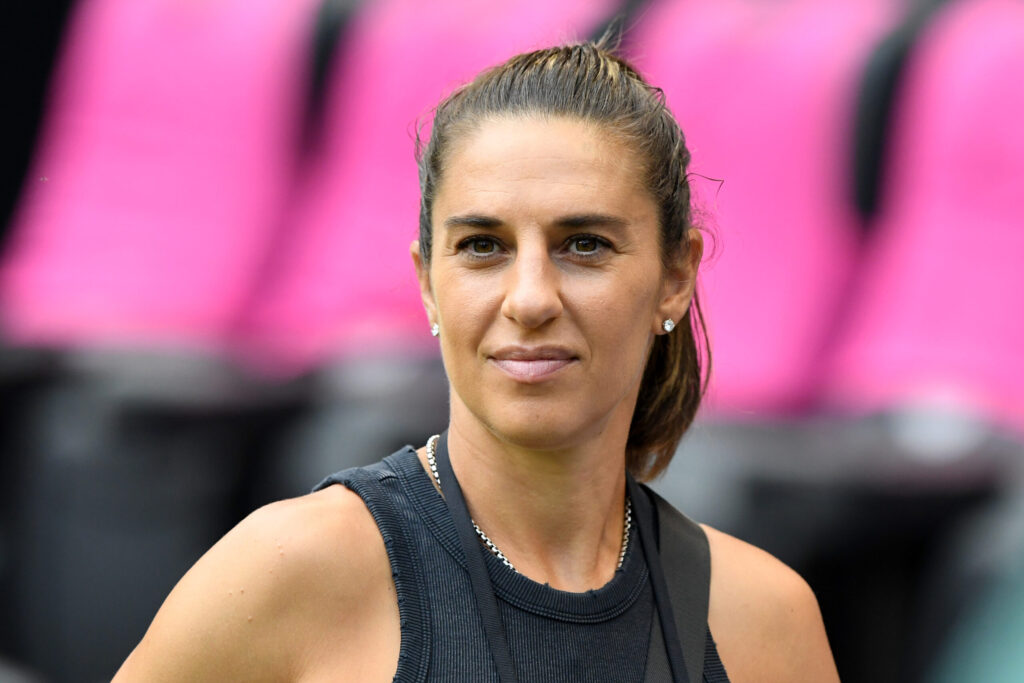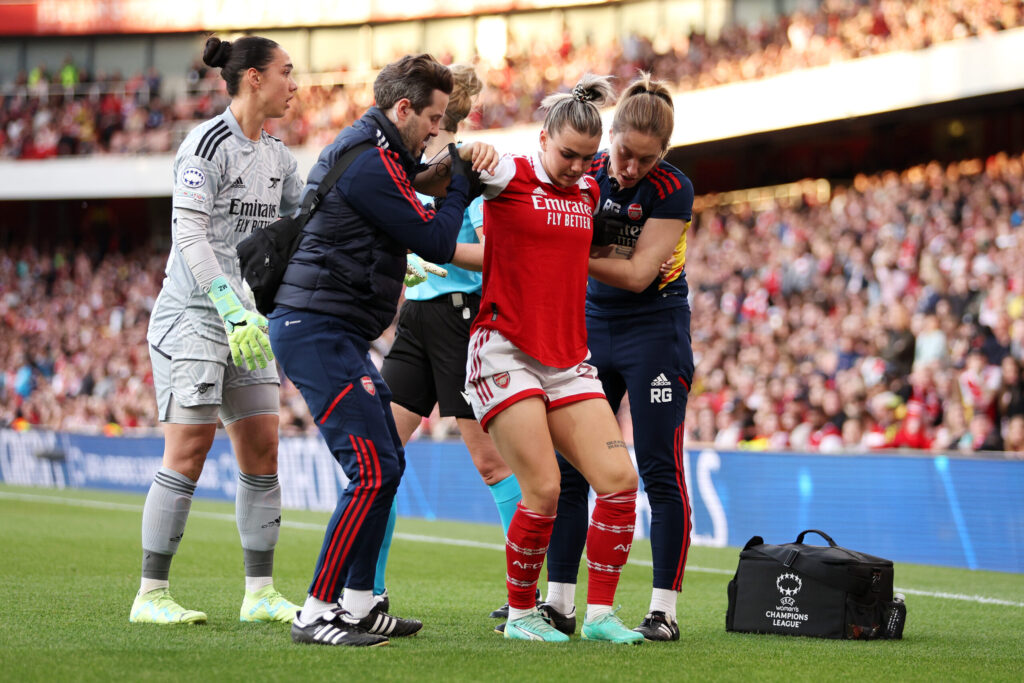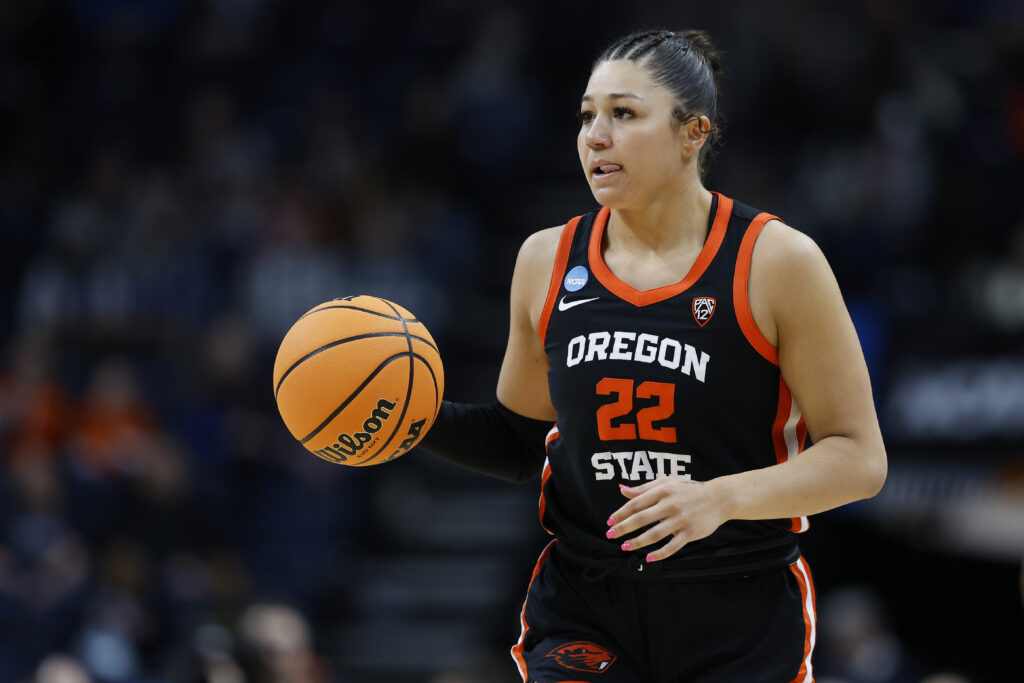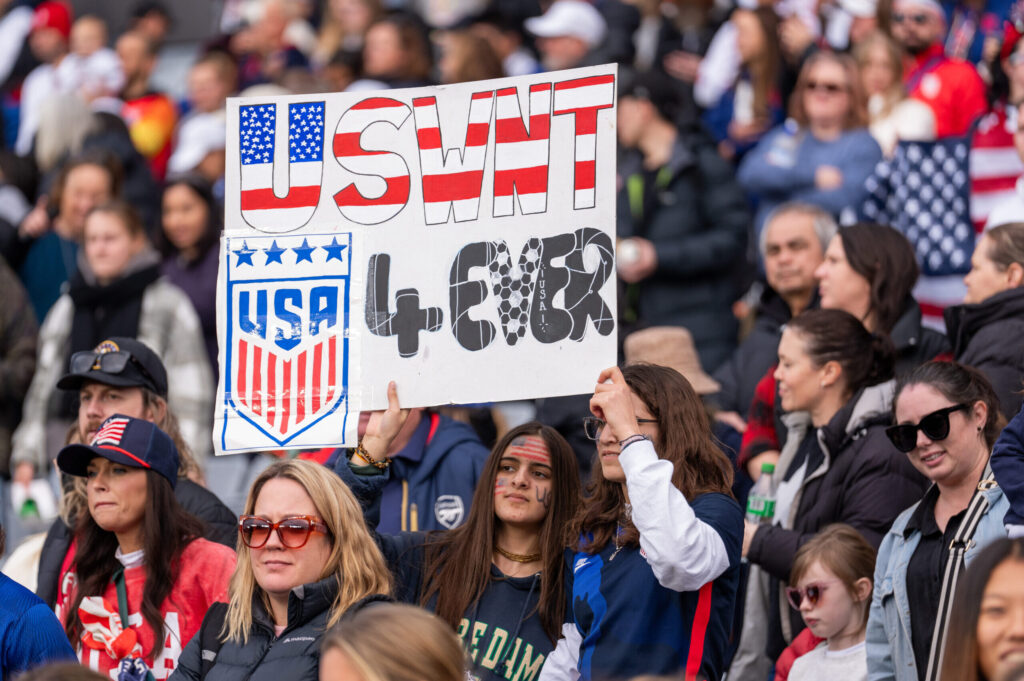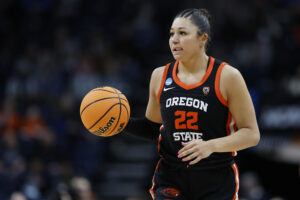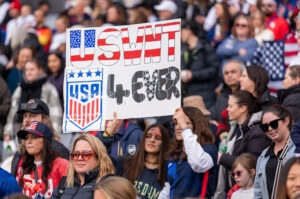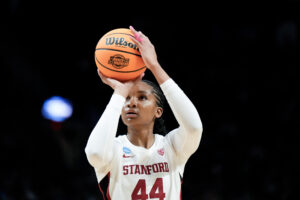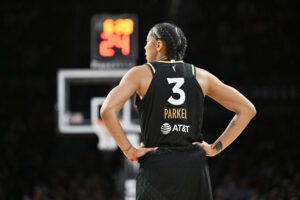The Supreme Court agrees on one thing: the NCAA is violating antitrust laws.
The Court ruled unanimously on Monday, stating that by capping what student-athletes can receive by way of education-related payments and benefits the NCAA is violating antitrust law.
NEW: In a victory for college athletes, SCOTUS unanimously invalidates a portion of the NCAA's "amateurism" rules. The court says the NCAA can no longer bar colleges from providing athletes with education-related benefits such as free laptops or paid post-graduate internships.
— SCOTUSblog (@SCOTUSblog) June 21, 2021
Justice Neil Gorsuch wrote for the court, affirming U.S. District Judge Claudia Wilken’s dismissal of the NCAA’s argument that antitrust law doesn’t apply to the case.
“In essence, [the NCAA] seeks immunity from the normal operation of antitrust laws and argues, in any event, that the district court should have approved all of its existing restraints,” Gorsuch wrote.
“The NCAA accepts that its members collectively enjoy monopsony power in the market for student-athlete services, such that its restraints can (and in fact do) harm competition,” he added later.
Justice Brett Kavanaugh joined Gorsuch’s opinion but also wrote a concurring opinion, calling the NCAA’s price-fixing “highly illegal” and indicating that he is ready to take on other NCAA compensation rules not at issue in the current appeal.
“Traditions alone cannot justify the NCAA’s decision to build a massive money-raising enterprise on the backs of student athletes who are not fairly compensated,” Kavanaugh wrote. “Nowhere else in America can businesses get away with agreeing not to pay their workers a fair market rate on the theory that their product is defined by not paying their workers a fair market rate.”
“The NCAA is not above the law.”
With the ruling, schools can now give unlimited benefits tied to a student-athletes’ education.
